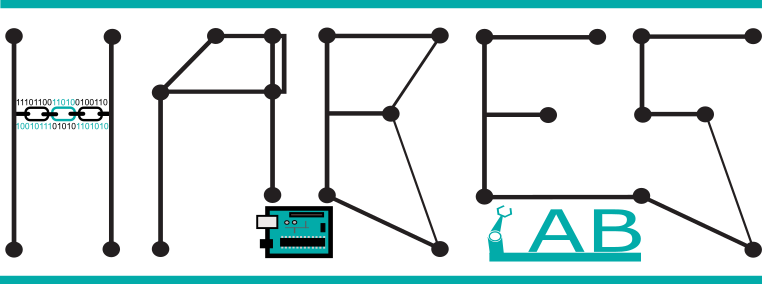We are pleased to announce that Marco De Santis has presented a significant contribution titled Improve Wallet Interoperability and Federation in Blockchain-Based User-Centric Authentication for Healthcare at TDI 2024. This important work is a collaborative effort with the entire research group.
Overview of the Research
The focus of this research is the development and implementation of a secure, user-centric authentication mechanism using self-sovereign identity (SSI) within the healthcare sector. The proposed solution aims to address critical needs for both physicians and patients by ensuring seamless interoperability of cryptographic wallets. This enhances the security and transparency of authentication processes while providing robust mechanisms for verifiable credential backup and recovery.
Key Features
- Self-Sovereign Identity (SSI):
- Decentralized Control: SSI empowers users to control their digital identities without relying on centralized authorities.
- Enhanced Privacy: Users can share only necessary information, protecting their personal data.
- Interoperability of Cryptographic Wallets:
- Unified Access: The solution ensures that various cryptographic wallets can work together seamlessly, allowing for a more integrated and efficient authentication process.
- Cross-Platform Support: It supports different platforms and devices, making it versatile and user-friendly.
- Secure and Transparent Authentication:
- Blockchain Technology: Utilizing blockchain ensures that all authentication actions are transparent and tamper-proof.
- User-Centric Approach: Focuses on the needs and convenience of end-users, providing a smooth and secure experience.
- Verifiable Credential Backup and Recovery:
- Data Integrity: Ensures that credentials can be securely backed up and recovered without risk of data loss or corruption.
- Resilience: Provides mechanisms for users to regain access to their credentials in case of loss or theft.
Impact on Healthcare
Implementing this advanced authentication mechanism in the medical field has several significant implications:
- Enhanced Security: Reduces the risk of data breaches and unauthorized access to sensitive medical information.
- Improved Trust: Builds greater trust between patients and healthcare providers by ensuring that personal data is handled securely and transparently.
- Operational Efficiency: Streamlines authentication processes, saving time for both healthcare professionals and patients.
Conclusion
The research presented by Marco De Santis and his co-authors marks a notable advancement in the application of blockchain technology in healthcare, underscoring the importance of collaboration with other research companies such as FBK. By focusing on improving wallet interoperability and federation, this work paves the way for more secure, efficient, and user-friendly authentication systems in the medical sector.
Stay tuned for more updates and detailed findings from this groundbreaking study.
